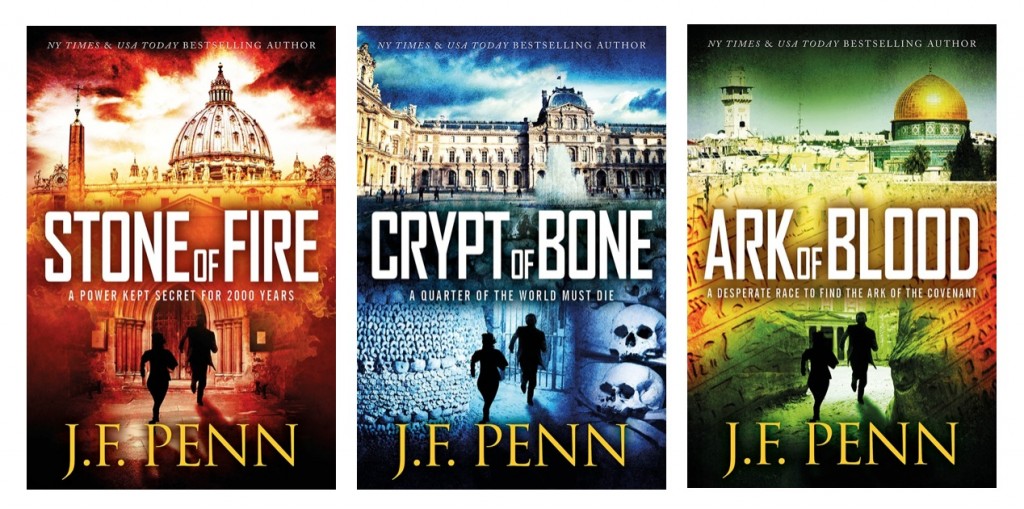This article by Steven Johnson originally appeared on The New York Times Magazine site on 8/19/15.
In the digital economy, it was supposed to be impossible to make money by making art. Instead, creative careers are thriving — but in complicated and unexpected ways.
On July 11, 2000, in one of the more unlikely moments in the history of the Senate Judiciary Committee, Senator Orrin Hatch handed the microphone to Metallica’s drummer, Lars Ulrich, to hear his thoughts on art in the age of digital reproduction. Ulrich’s primary concern was a new online service called Napster, which had debuted a little more than a year before. As Ulrich explained in his statement, the band began investigating Napster after unreleased versions of one of their songs began playing on radio stations around the country. They discovered that their entire catalog of music was available there for free.
Ulrich’s trip to Washington coincided with a lawsuit that Metallica had just filed against Napster — a suit that would ultimately play a role in the company’s bankruptcy filing. But in retrospect, we can also see Ulrich’s appearance as an intellectual milestone of sorts, in that he articulated a critique of the Internet-era creative economy that became increasingly commonplace over time. ‘‘We typically employ a record producer, recording engineers, programmers, assistants and, occasionally, other musicians,’’ Ulrich told the Senate committee. ‘‘We rent time for months at recording studios, which are owned by small-business men who have risked their own capital to buy, maintain and constantly upgrade very expensive equipment and facilities. Our record releases are supported by hundreds of record companies’ employees and provide programming for numerous radio and television stations. … It’s clear, then, that if music is free for downloading, the music industry is not viable. All the jobs I just talked about will be lost, and the diverse voices of the artists will disappear.’’
The intersection between commerce, technology and culture has long been a place of anxiety and foreboding. Marxist critics in the 1940s denounced the assembly-line approach to filmmaking that Hollywood had pioneered; in the ’60s, we feared the rise of television’s ‘‘vast wasteland’’; the ’80s demonized the record executives who were making money off violent rap lyrics and ‘‘Darling Nikki’’; in the ’90s, critics accused bookstore chains and Walmart of undermining the subtle curations of independent bookshops and record stores.
Read the full article on The New York Times Magazine site.

